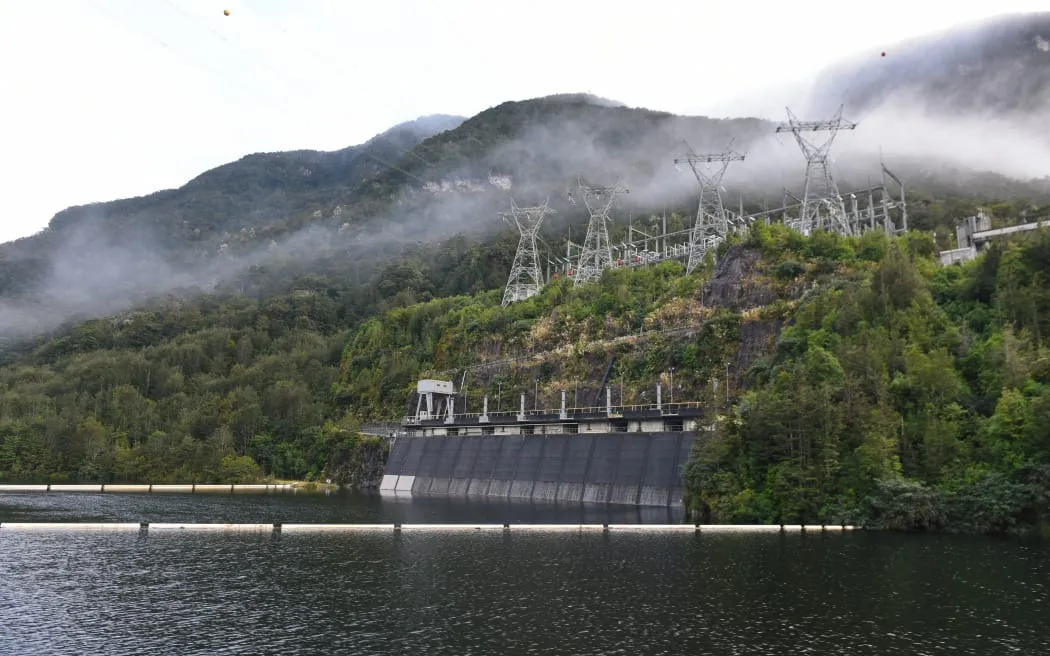New Zealand has dropped seven places in an international climate change league table, to 41st place. The 20th annual Climate Change Performance Index said New Zealand still had an ambitious climate target for 2030 but it was not clear how it was going to meet it.
Understanding The Main Concept
—————————–
The Climate Change Performance Index is a widely recognized ranking system that assesses the performance of countries in addressing climate change. The index evaluates countries based on their greenhouse gas emissions, renewable energy production, and climate policies. New Zealand’s drop in ranking may seem alarming, but it’s essential to understand what this means for the country.
How This Works In Practice
————————-
New Zealand had previously been praised for its high renewable electricity generation from hydro dams and its robust framework of climate laws. However, since the last rating, the new government has scrapped policies boosting public transport and delayed pricing greenhouse gases from farming. These changes have led to a significant decrease in New Zealand’s climate performance.
The Impact on Climate Policy
—————————
The authors of the report stated that New Zealand had “taken significant backwards steps in climate policy” since the last rating. This is concerning, as it suggests that the country’s efforts to address climate change are being undermined. The removal of agriculture from the Emissions Trading Scheme and the reversal of the oil and gas ban may seem like small changes, but they can have significant effects on the country’s emissions.
The World’s Climate Leaders
————————-
On the other hand, some countries are leading the way in addressing climate change. Denmark, the Netherlands, and the UK took the highest spots in the ranking, while Iran, Saudi Arabia, the UAE, and Russia ranked at the bottom. The world’s largest emitters, China and the US, ranked very low.
China’s Climate Performance
————————-
China ranked 55th in the report, with a massive expansion of renewable energy set against a heavy dependence on coal. While this may seem like progress, the country’s emissions appear to be near their peak. The report stated that China’s climate targets are “insufficient,” which is concerning for the country’s long-term prospects.
The EU’s Strong Performance
————————-
The European Union as a whole was a strong performer in the ranking, with no low-ranked members. This is due to the EU’s commitment to reducing greenhouse gas emissions and promoting renewable energy. The EU’s efforts have set an example for other countries to follow.
The Consequences of Climate Inaction
———————————–
New Zealand’s drop in ranking may seem like a minor setback, but it has significant consequences for the country’s climate performance. If New Zealand fails to address its emissions, it will face increased pressure from international markets and investors. This could lead to economic penalties and damage to the country’s reputation.
The Importance of Climate Action
——————————
Climate change is one of the most pressing issues of our time. It requires immediate attention and action from governments around the world. New Zealand’s drop in ranking serves as a wake-up call for policymakers to take climate action seriously. By investing in renewable energy, reducing emissions, and promoting sustainable practices, countries can make a significant impact on addressing climate change.
Conclusion
———-
New Zealand’s drop in ranking may seem alarming, but it’s essential to understand what this means for the country. The report highlights areas where New Zealand needs to improve its climate performance, including pricing greenhouse gases from farming and increasing renewable energy production. By taking these steps, New Zealand can regain its position as a leader in addressing climate change.
Recommendations
—————-
Based on the report’s findings, here are some recommendations for New Zealand:
* Increase investment in renewable energy production to meet the country’s ambitious 2030 target.
* Implement policies that promote sustainable agriculture practices and reduce greenhouse gas emissions from farming.
* Reintroduce the oil and gas ban and recommit to reducing emissions.
* Invest in public transport infrastructure to increase efficiency and reduce emissions.
By following these recommendations, New Zealand can regain its position as a leader in addressing climate change and create a more sustainable future for its citizens.

0 Comments